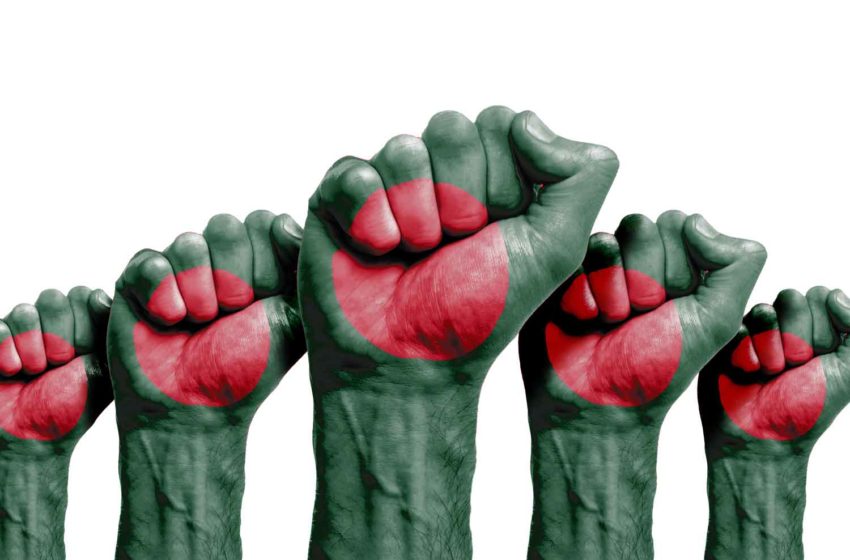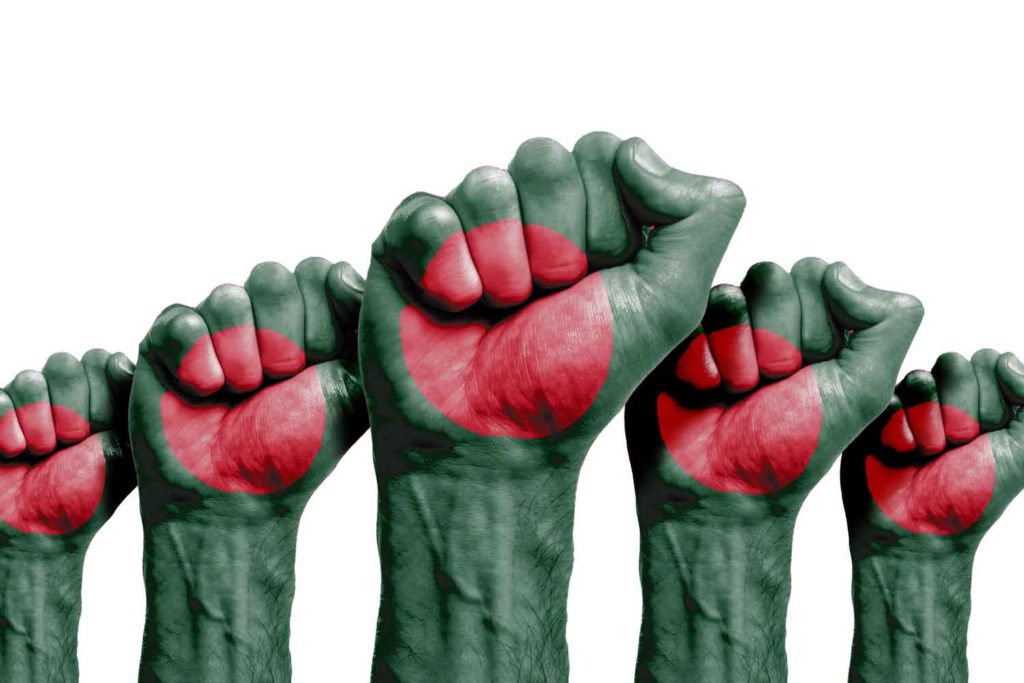Shopkeepers up in Arms Over Tobacco Bill
- Featured News This Week
- October 7, 2022
- 0
- 2 minutes read


Bangladesh’s proposal to require all tobacco businesses to obtain licenses will adversely impact the livelihoods of small traders and hurt government revenue, according to critics.
Lawmakers are currently reviewing a draft law that would ban tobacco sales from makeshift shops, outlaw product displays and prohibit the sale of single cigarettes, a common practice in many low-income countries.
Muhammad Helal Uddin, president of the Bangladesh Shop Owners Association, insisted licenses should be required only for manufacturers and warned that shopkeepers would take to the streets if the bill became law.
Meanwhile, economists predicted that the proposal would deprive the government of significant tax earnings at a time of economic hardship.
“The tobacco sector is the largest contributor to VAT income. Any abrupt decision without the consultation of the revenue board would surely backfire and nosedive revenue income,” an unnamed National Board of Revenue official was quoted as saying by the Dhaka Tribune.
The National Board of Revenue earned nearly BDT300 billion ($2.91 billion) from cigarette taxes in fiscal 2021–2022—equivalent to approximately 10 percent of Bangladesh’s total revenue income.
Ahsan H. Mansur, executive director of the Policy Research Institute, cautioned that the draft law would boost the illegal trade in tobacco products and drive up sales of low-cost brands at the expense of higher priced varieties.
“Since these vendors will not get the supply of top brands produced by the multinational tobacco companies, they will sell low-quality brands of the local companies that are least interested in complying with rules and regulations,” said Mansur.
Mansur advised government to instead focus on raising awareness of the health risks of tobacco consumption.
According to Global Adult Tobacco Survey, 44 percent of Bangladeshis used tobacco in 2009. Through a range of anti-tobacco measures, the government brought down this number to 34 percent in 2017. If the trend continues, the smoking rate could dip below 5 percent over the next 15 years to 20 years, according to Mansur.
